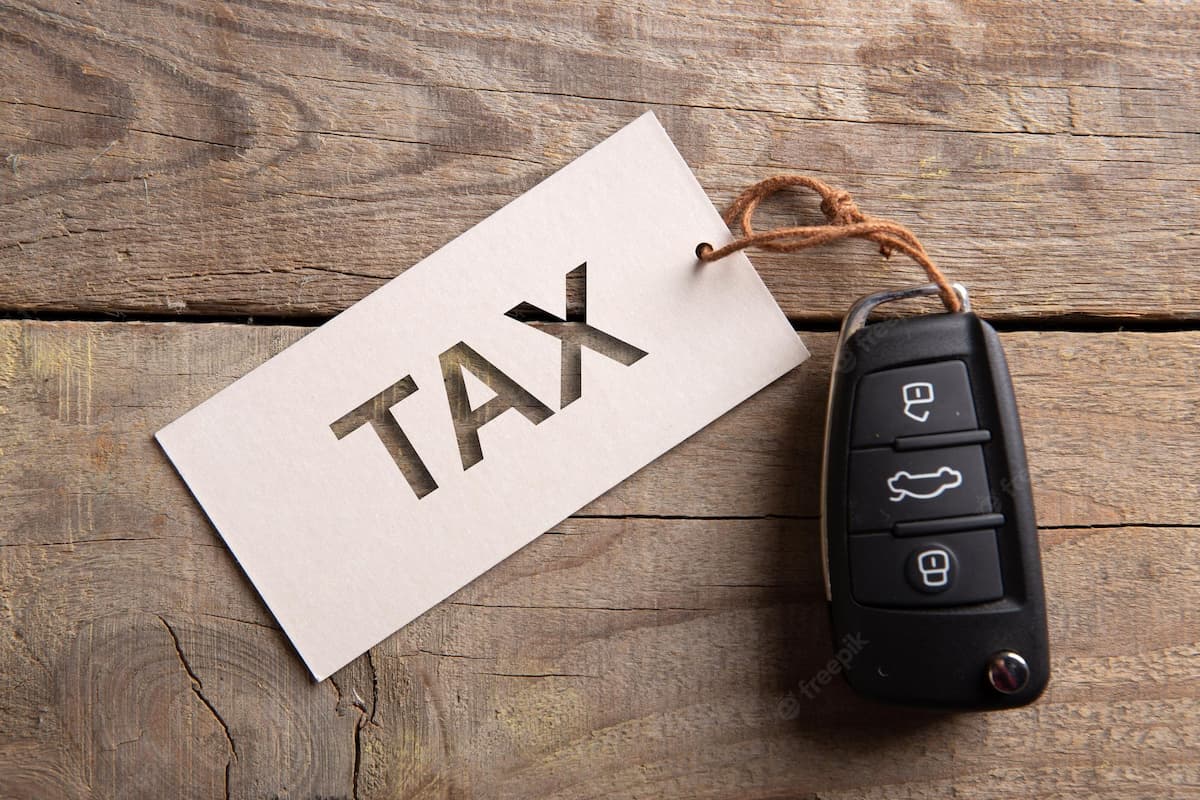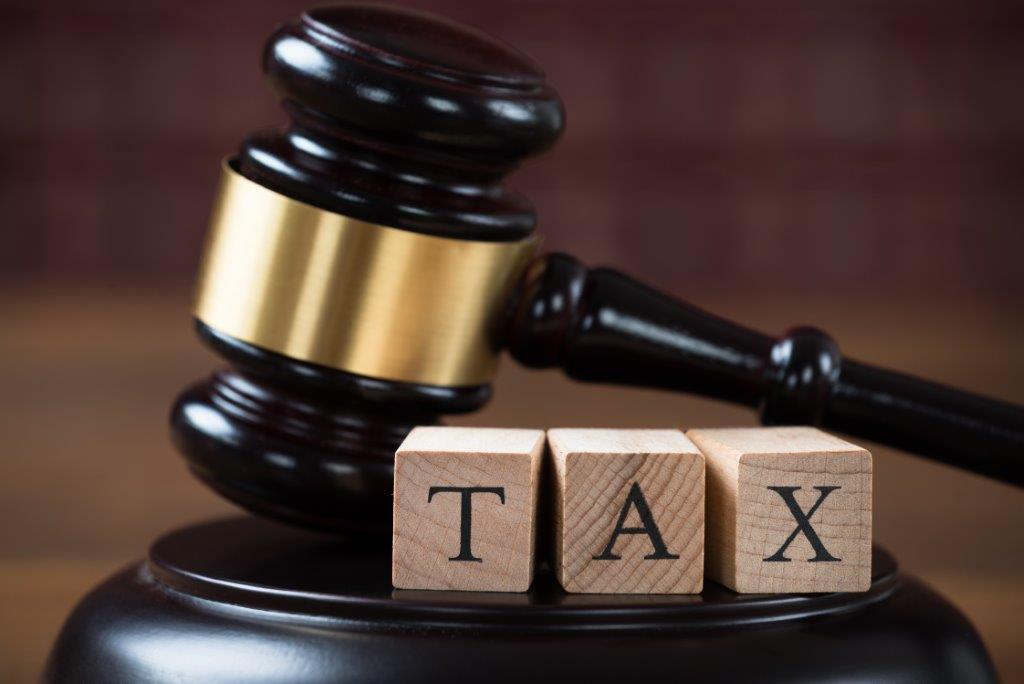21st November 2024
Picking on Double Cab Pick-Ups

In the recent Autumn budget, there were many headline tax changes that have received wide coverage. There was, however, a change that was kept rather hidden and will no doubt have tax consequences for many business owners.
This is the new tax treatment for Double Cab Pick Up Vehicles (DCPUs) that is being brought in from April 2025.
Earlier this year, under the previous government, the policy was also proposed. However, due to a significant backlash it was swiftly reversed. Sadly, the new Labour government has revisited the policy and so, from 1 April 2025 for corporation tax and 6 April for income tax, all DCPUs (including those with payloads over 1 tonne) will be treated as cars for specific tax purposes, including benefit in kind and capital allowances.
For individuals who have these vehicles through limited companies, the tax consequences could be significant. Under current tax rules, DCPUs are treated as commercial vehicles and so have a fixed benefit in kind rate (£3,960 for 2024/25). Under the new rules, the benefit in kind would be assessed on the vehicle as a car and have a rate determined by its CO2 emissions. Given the high emissions on most DCPUs, individuals could be assessed as high as 37% of the vehicle’s list price. For higher rate tax payers, this could be a significant annual tax burden.
Coupled with this, is the impact on capital allowances. Under the current rules, DCPUs are treated as a commercial vehicle and will often attract a full deduction of the costs from the taxable profit in the year of purchase. Under the new rules, DCPUs will have the same allowances as other cars, and so those with high emissions will only attract a 6% deduction per annum. Unincorporated businesses will also suffer the same capital allowances impact.
One potential positive to end on, is that there are transitional arrangements in place. Therefore, where a DCPU is purchased, leased, or ordered before April 2025 it will be eligible to use the previous system until the earlier of the lease ends, the vehicle is discarded or up until 5 April 2029.
It would, therefore, be prudent to look to purchase any new DCPU before the changes come into effect. Similarly, if an existing DCPU is coming towards the end of its lease, it may be worth considering replacing the vehicle before the changes in April 2025.
Please note: This blog/news post provides an overview or insight only and therefore, should be viewed as being for guidance only purposes. Legislation does change and your own circumstances may differ from the situation highlighted in this blog. Therefore, before taking any action we recommend you get in touch with us to discuss your own situation.






